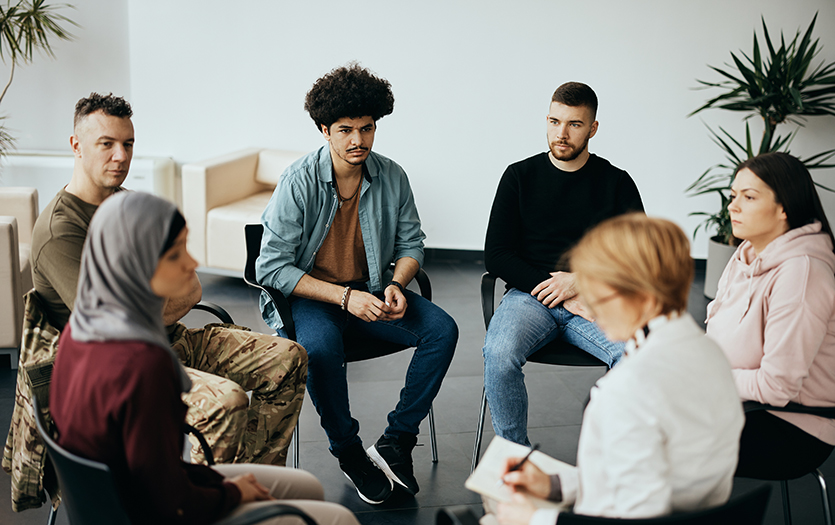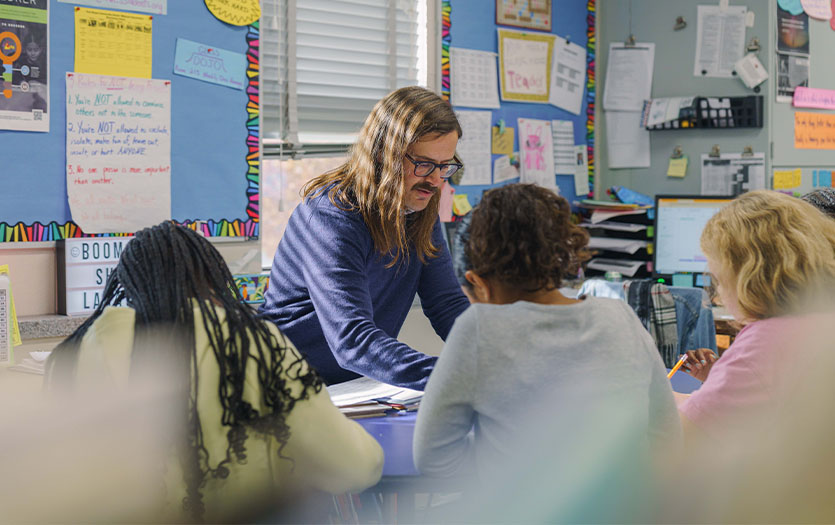
This post was written by Heather Burgette, MBA, employee financial educator, Parkview Health.
Financial literacy is a phrase you don’t often hear. However, it greatly impacts our daily lives. The current working definition is “possessing the skills and knowledge on financial matters to confidently take effective action that best fulfills an individual’s personal, family and global community goals.” [1] It is a necessary life skill but one that takes time and intention to build.
Here are some clues that financial literacy needs to improve in our country:
- 53% of adults are financially anxious
- 2 in 3 families lack an emergency fund
- 78% of adults live paycheck to paycheck
- 3 in 5 adults don’t keep a budget
- 4 in 5 youths failed a financial literacy quiz
- 54% of millennials are concerned about student loans
- 4 in 5 adults experience barriers to homeownership
- Fewer than 1 in 5 adults is confident in savings [2]
Perhaps you took a personal finance class in high school or college, or maybe you’ve never had an opportunity to take advantage of one. It’s not uncommon to hear people say they’ve never learned how to manage their finances. For this reason, I encourage you to take a personal finance class several times within your life because different financial topics are important in different seasons of life. What matters in your 20’s is different than your 40’s or 60’s.
Where to begin
Unsure of how and where to start? Try a few of these helpful strategies to get the ball rolling as you work to increase your financial literacy skills:
- Self-assessment: This can be fun and useful. Take the Financial Literacy Quiz at SOFI.com. Then, ask your partner to take it. When finished, take a moment to talk about the results and ask yourselves what you could do to improve your literacy in this area.
- Choose an area of improvement: Pick one area in your finances that needs improvement. Remember, this won’t be easy. When you’re building a healthy habit, you are also undoing an unhealthy one. Try to keep it simple, like checking your bank account daily, opening all financial mail, making a list of your debts, etc.
- Take a class: Take a personal finance class. There are free or paid ones. If you are married, include your spouse. If you are single, get a friend to join you.
- Involve your family: If you have kids, please include them. Research shows “teenage financial literacy is positively correlated with asset accumulation and net worth by age 25.” [3] This is a life skill that is taught, not caught. There are many quality, fun, age-appropriate tools out there for kids to learn about money management.
- Ask for help: Lastly, if you’re looking for help and unsure of where to start, try reaching out to a financial professional or contact your Employee Assistance Program if your employer provides these services.
Sources
[1] National Financial Educators Council
[2] OppU
[3] CNBC: When it pays to take a personal finance course



